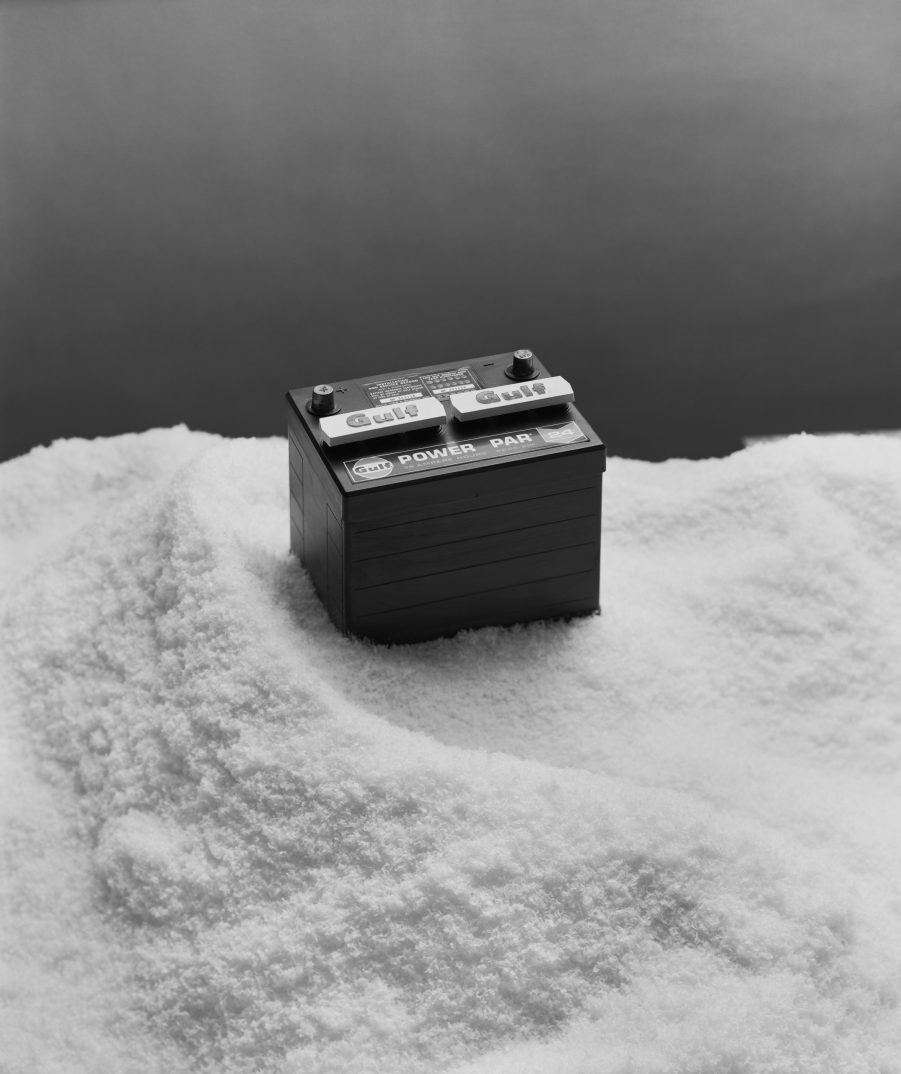
Can Cold Weather Damage Your Car’s Battery?
There’s almost nothing worse than being in a rush to get somewhere only to find out that your car won’t start. That dreadful chattering or ticking sound that’s only associated with a drained battery is the last thing you want to hear when you have to get to work on time or make it over to a holiday party. A dead battery could be caused by a number of issues, including leaving your headlights on or even an interior dome light. But can cold weather have anything to do with it?
Cold starts don’t like cold weather
The lead-acid battery in your car consists of metal plates in an electrolyte liquid that creates an electrochemical reaction that charges the battery terminals. And just like anything else that contains a liquid, a car battery reacts to extreme changes in temperature. As such, when the weather is hot, the heat can speed up the battery’s chemical reactions, and if the weather is freezing, then the coldness can slow them down.
This is why it can be hard to start your car if you live in a colder climate – or an area where the temperatures routinely drop to freezing or below – as the battery’s ability to start is diminished. And when the battery warms up again, then it will operate normally.

Remember to get your battery checked
If you have issues with your car starting in cold weather, then it’s a good idea to get it checked. Fortunately, most auto parts stores and mechanic shops will test your car’s battery for free and let you if you need a new one. A little preventive maintenance can go a long way in causing you more issues with your battery later on.
Keep driving
If you can drive your car every day for at least 10 minutes, then it will help to keep your battery working properly for longer. The engine bay will warm the battery as you drive, so if your battery still has some life in it, you can prolong it by taking a drive around the block.
According to the U.S. Bureau of Statistics, the average daily commute is around 27 minutes, so it’s a good idea to drive the length of your commute, even when you don’t need to go work, in order to keep your battery healthy in colder climates.

Park your car in a garage
Since the cold is your battery’s enemy, it would be ideal if you can park your car in a garage. Doing so will prolong the battery’s life and you won’t need to worry about it not starting when the temperature outside drops.
Wrap your battery
If you want to ensure that your battery will be able to stand up to the cold, you can always wrap it in a thermal blanket to keep it warmer. They’re also known as “battery warmers” or “battery insulators” and can be purchased online or at your local auto parts store.

What happens if your battery freezes?
If you’re unable to do any of the aforementioned steps and your battery ends up freezing, then don’t try to jump-start it. Water expands as it freezes, and when it comes to a car battery, the expansion can warp the lead plates and crack the battery case. So if you notice any crack, bulges, icicles, or frost on the terminals, then it’s suggested that you completely replace the battery with a new one.



